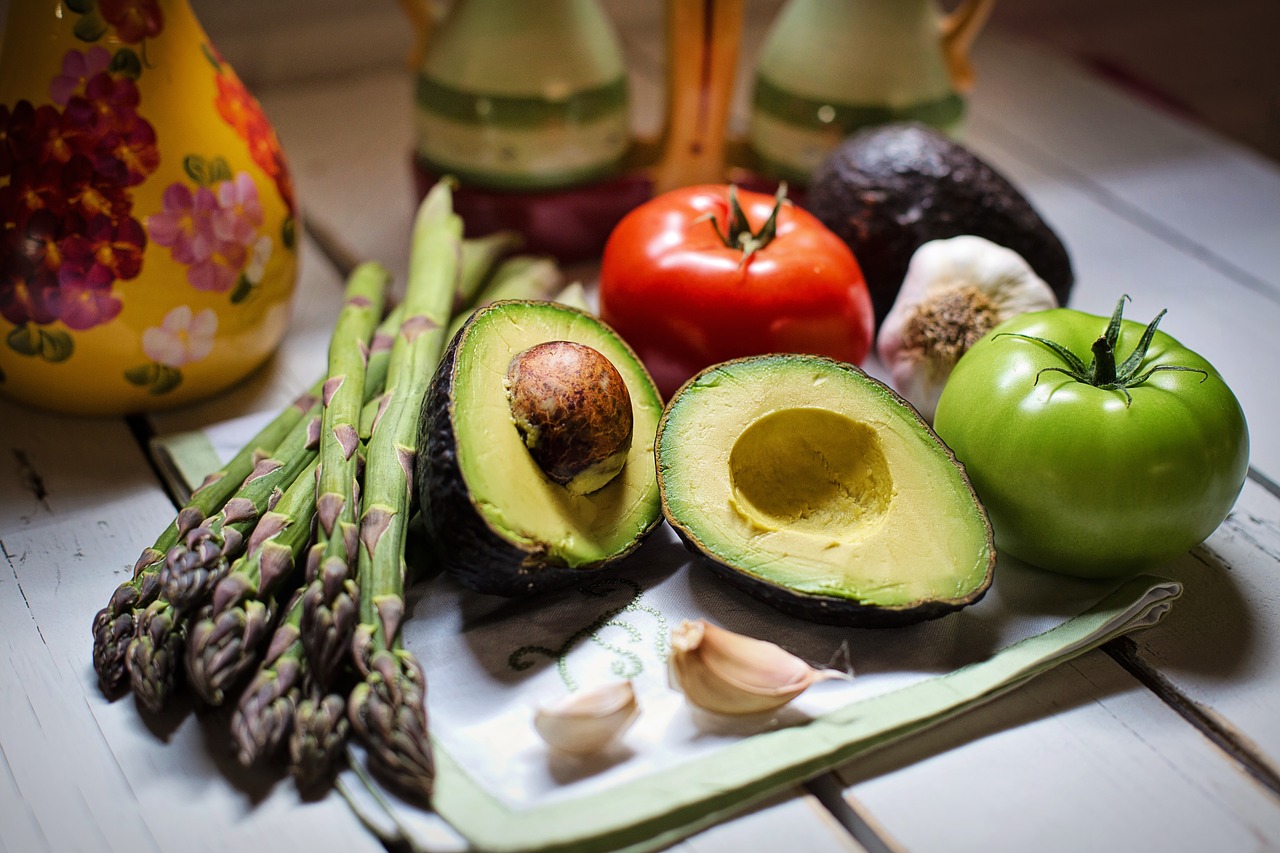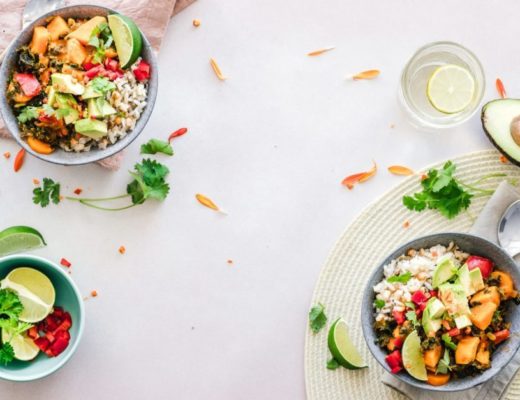My husband and I both love to eat and tend to eat a lot. Several months ago, we realized that our food spending had gotten out of control. We have both lived on a “beans and rice/rice and beans” food budget before, so we pulled out some of our best money-saving tactics to eat well on a budget.
Cash Envelopes
I’ve read about this approach numerous times but had never tried it myself. Since our time is extremely limited now and this requires minimal effort, we thought it may work.
The idea is simple – decide how much you want to spend per week, take that amount out of your account as cash, and put it in an envelope.
When that money runs out, you don’t get any more until the next week. No more blindly swiping cards and adding it up (or not) at the end of the month. This set the stage and made finding the best deals into a game. If we were going to do just one thing, this would be it.
We set a budget of $100/week. This includes breakfast, lunch, dinner, snacks, take out and convenience food (if any) for the week for my husband and I and young daughter. It doesn’t include paper products and other household items. We are not perfect and sometimes go over budget, but cash envelopes keep us closer to where we need to be.
Finding Balance – Budget Friendly vs Healthy
Eating healthy is very important to us. Because of our various food sensitivities, we avoid processed food as much as possible. Unfortunately, that means we can’t stock up on things like 10 for $10 canned soups.
We have been able to find several healthy staples that are also relatively inexpensive, such as dried beans and in-season produce.
Selectively Buying Organic
Buying all organic adds up quickly. We use the EWG’s Dirty Dozen list to guide our buying decisions. If a fruit or vegetable is on the list, we buy organic. If not, we buy conventional. Bonus points if it’s on the Clean Fifteen list.
Shopping the Circular
We look at the week’s circular and plan our meals for the week around what’s on sale. We scan the shelves for other items that are on sale as we shop.
When we find one of our staples on sale, we stock up. This sometimes takes us over budget for the week but obviously saves money on a future bill.
Skip Expensive Prepared Foods
Typically, the more work the manufacturer has done for you, the more a product costs. To get more bang for your buck, buy that whole butternut squash instead of the pre-cut and bunches of various greens instead of the bagged salad.
It will take a bit more time, but you will get good at it. Prepping in advance for multiple meals or the entire week helps to save time.






